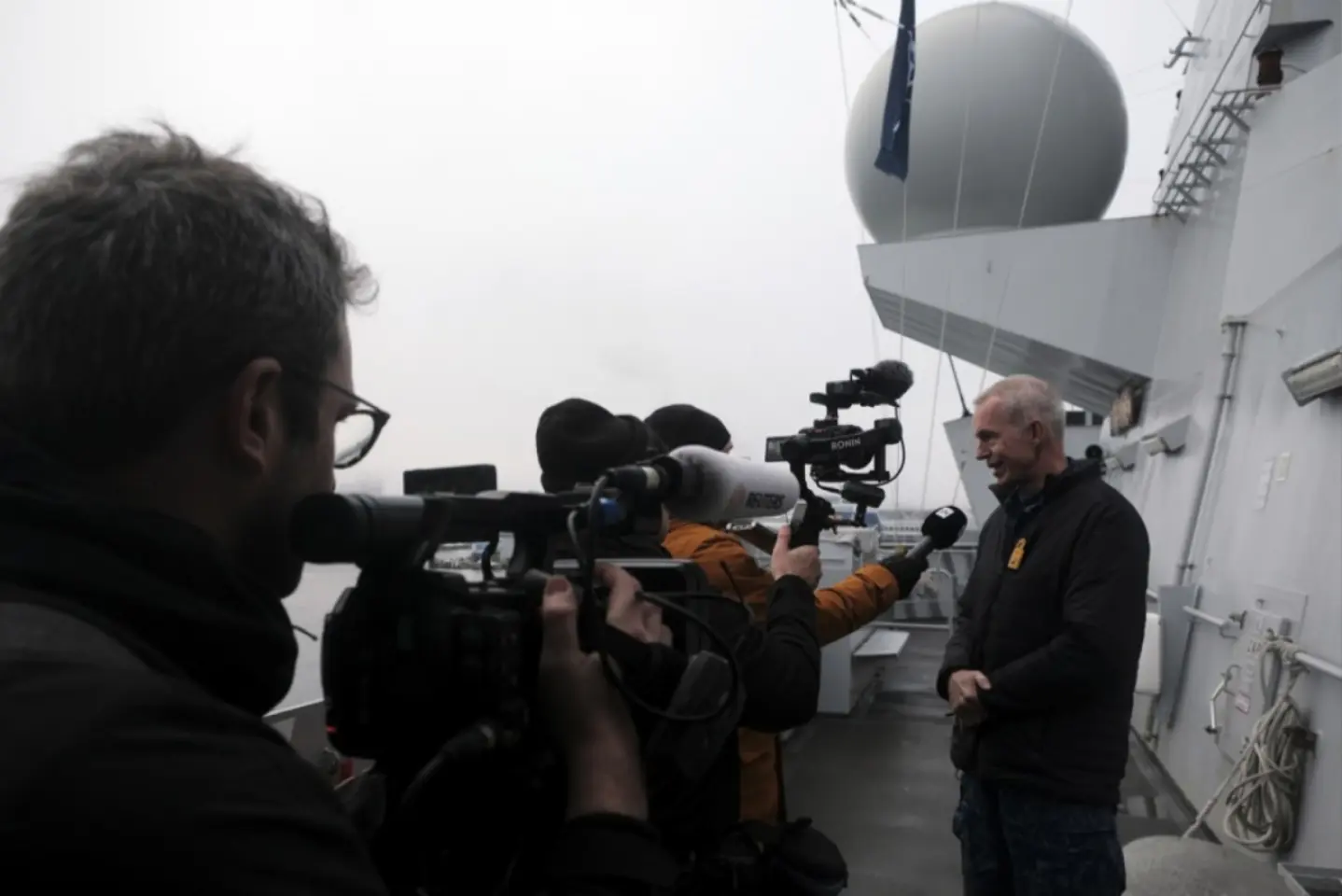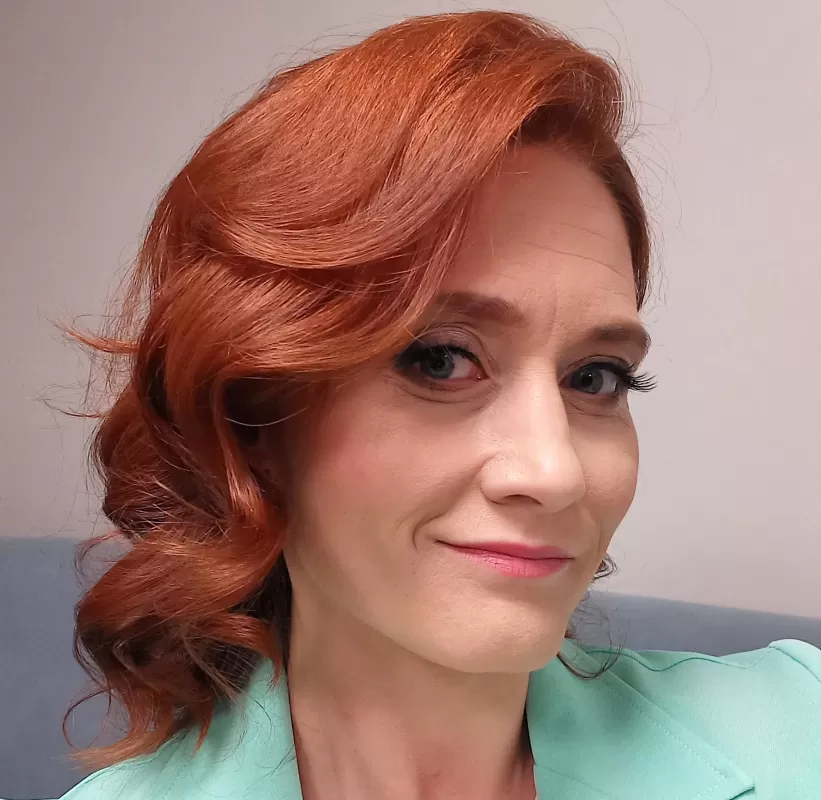
This year, Estonia achieved a record-high position in the Press Freedom Index published annually by the international organization Reporters Without Borders. Jumping four spots, it secured an honorable second place, behind only Norway. This happened against the backdrop of a global decline in democratic freedoms.
European countries traditionally rank high in the index, though there are some unpleasant exceptions. Similarly, Estonia has consistently been among the top twenty freest countries in this regard, with its previous best in 2022, when it ranked 4th. And there is good reason for this: Estonia performs well across all five indicators — political, economic, legal, socio-cultural, and safety.
A political show on a supposedly independent channel
In Estonia, it's normal for journalistic investigations to lead to ministerial resignations — such as in March last year, when Justice Minister Kalle Laanet resigned after a questionable real estate lease was exposed by the weekly Eesti Ekspress. This May he was also stripped of parliamentary immunity.
At the same time, there are no known cases of a journalist being fired at the request of a senior official.
However, this does not mean that all Estonian media outlets are completely politically independent. For example, the country’s oldest newspaper, Postimees, is owned by one of Estonia’s wealthiest businessmen, Margus Linnamäe, who openly supports the largest opposition right-conservative party, Isamaa (Fatherland).
In addition to generous financial support, the tycoon provides the party's politicians access to his media platforms — party leader, former Foreign Minister, and top prime ministerial candidate Urmas Reinsalu has been hosting the political program Shadow Government on the Postimees portal since February — just months before municipal elections. In May, the Political Party Funding Supervision Committee classified this as an illegal donation, requiring the politician to cover the production costs of the program.
Several years ago, nearly the entire investigative journalism department resigned in protest against the newspaper’s policies. Among them were multiple recipients of national journalism awards and members of international journalism organizations.
However, this media group is almost the only example of political bias and owner dependence among Estonian media, though a significant one, given the large market share its outlets hold. The other major media outlets in the country do not have such pronounced political preferences. Moreover, Estonia’s public broadcasters are independent of political circumstances.
Financial support from the state
From an economic standpoint, Estonian media also have something to boast about: on one hand, public broadcasting in Estonia is modest compared to other European countries; on the other, major private media outlets receive state funding for their Russian-language editorial teams. By government decision, since 2022, the Ministry of Culture has allocated funds to Russian-language media in Estonia for journalistic work — about €1 million in subsequent. The reason, as is easy to guess, was the war launched by Russia in Ukraine.
Developing Russian-language media as a response to the Russian hybrid threat is not new for Estonia. In 2015, the response to the annexation of Crimea was the launch of the public Russian-language TV channel ETV+. Since 2022, government funds have also been used to support jobs for opposition journalists in private media who emigrated from Russia after the start of the full-scale war.
"In Russia, I witnessed all stages of the collapse of the free press: the end of the legendary Lenta.ru (the news portal lost its independence – Ed.), the appearance of the foreign agent law, the ban on foreign ownership of media, the purchase of the formerly independent newspaper Vedomosti by structures controlled by Igor Sechin, raids and arrests of journalists, and finally, the introduction of military censorship — when it became forbidden to call the war a war and to rely on any sources other than official ones," journalist Ekaterina Mereminskaya told Veridica.
According to her, nothing like that exists in Estonia. “Here, the press is truly the fourth power, influencing real change. After journalistic exposés, officials lose their posts—sometimes even the government changes. Only Kaja Kallas managed to withstand this pressure — she didn't lose her post as prime minister after the publication about her husband’s business ties with Russia. That was surprising,” she admits.
Russian politicians vs. Russian journalists
From a journalist’s perspective, Estonian media can freely criticize politicians without fearing a loss of state funding. But from a media consumer’s point of view, the situation appears less clear-cut. A widespread opinion is that local Russian-language journalists, funded by the state, are engaged in Estonian propaganda. Russian media have played a major role in shaping this narrative, claiming that “in recent years, Russian-language media in Estonia have experienced one of the most difficult periods in their more than 190-year history.”
This often leads to verbal aggression toward journalists, primarily on social media: a pro-Ukrainian stance is enough to be accused of supporting neo-Nazism. At the same time, physical threats and real attacks are almost nonexistent — Estonia remains a safe country for the press, which is also reflected in international rankings.
“It's very difficult to change the minds of those who see media as propaganda. I would say that state funding of Russian-language media in Estonia is support for ‘media minorities’,” notes Ekaterina Mereminskaya. “The market is too small for these media to be self-sustaining. At the same time, it’s important for integration to provide quality information to readers in their native language. I believe it’s a forward-thinking political move.”
However, not everyone agrees with this. For example, Riigikogu MP from the opposition Centre Party, Aleksandr Chaplygin — who for many years headed the city (in fact, then party-run) newspaper Stolitsa — submitted a request to the Minister of Culture asking how state funds allocated to support Russian-language media are being spent.
In effect, his inquiry accused the country’s largest Russian-language portal of publishing tabloid content with taxpayer money. He received a response from Estonian Minister of Culture Heidy Purga: “The press in Estonia is independent, and the ministry does not interfere in the independence of media outlets.” The same MP also submitted a request to ministers asking which media outlets were funded by USAID, thereby “imposing” a liberal agenda on Estonia.
“As for propaganda, only media with 100% state funding can afford it — because propaganda doesn’t sell well when there’s an alternative,” counters Mereminskaya. “So Estonian media, which are mostly funded through a mix of government grants, subscriptions, advertising, etc., are safe from that. They need to attract a broad audience, which means offering different perspectives.”
Isolated cases of political pressure on the press have no real impact as long as it comes only from opposition politicians. However, considering the rising ratings of conservative-populist parties, this situation could change within two years. Nevertheless, even with the increase in hostility toward journalists compared to pre-war levels, Estonia remains relatively safe.
“I feel safe. I no longer expect that security forces will break into my home at night or that I’ll be ambushed somewhere by angry subjects of my articles. In Russia, the greatest risk in recent years has been ending up in prison. Here, first, there are no political charges against journalists, and second, the prisons one might end up in aren’t scary at all,” admits Ekaterina Mereminskaya.


